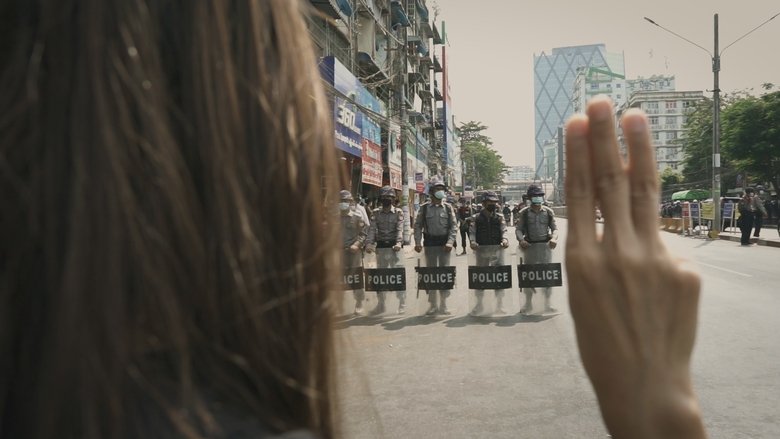Myanmar Diaries
Genres
Documentary
OverView
How does it feel to be forgotten by the world? A powerful collective cry denouncing the crimes of the military dictatorship installed in Myanmar after the coup perpetrated on February 1, 2021: cinema and imagination against horror and in defense of freedom.
Others
Budget
$--
Revenue
$--
Status
Released
Original Language
English
Runtime
70 mins
Rating
7.2/10
Release Date
12 May 2022
Country
Myanmar

